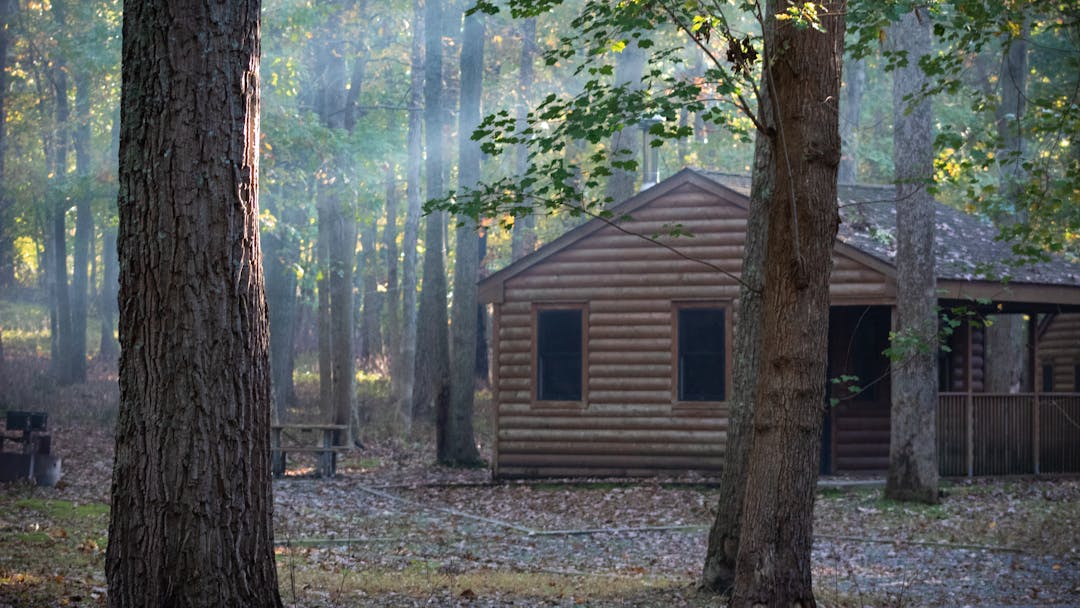The Biden administration once again defends a ban in federal court, arguing that people who use marijuana should be prohibited from purchasing or possessing firearms. They claim that this restriction is supported by historical precedent and that individuals who...

You’re too stupid to store a gun properly
The Biden administration once again defends a ban in federal court, arguing that people who use marijuana should be prohibited from purchasing or possessing firearms.
They claim that this restriction is supported by historical precedent and that individuals who consume cannabis while owning guns pose a unique threat to society.
One of the reasons behind this argument is that such individuals are viewed as unlikely to store their weapons properly before using marijuana.
Attorneys for the Justice Department responded to a series of prompts from the judges, asserting that the firearm ban for marijuana consumers is justified based on historical analogues to restrictions on the mentally ill and habitually drunk that were imposed during the time of the Second Amendment’s ratification in 1791.
DISCLAIMER
This post may contain re-posted content, opinions, comments, ads, third party posts, outdated information, posts from disgruntled persons, posts from those with agendas and general internet BS. Therefore…Before you believe anything on the internet regarding anything – do your research on Official Government and State Sites, Call the Michigan State Police, Check the State Attorney General Website and Consult an Attorney – Use Your Brain.
































